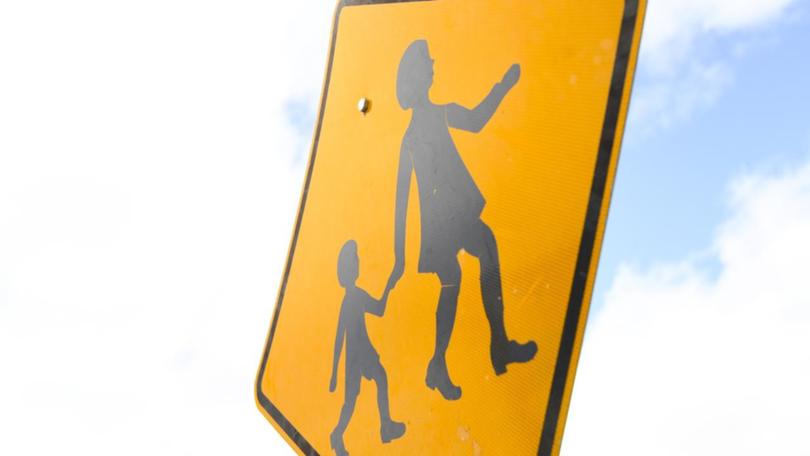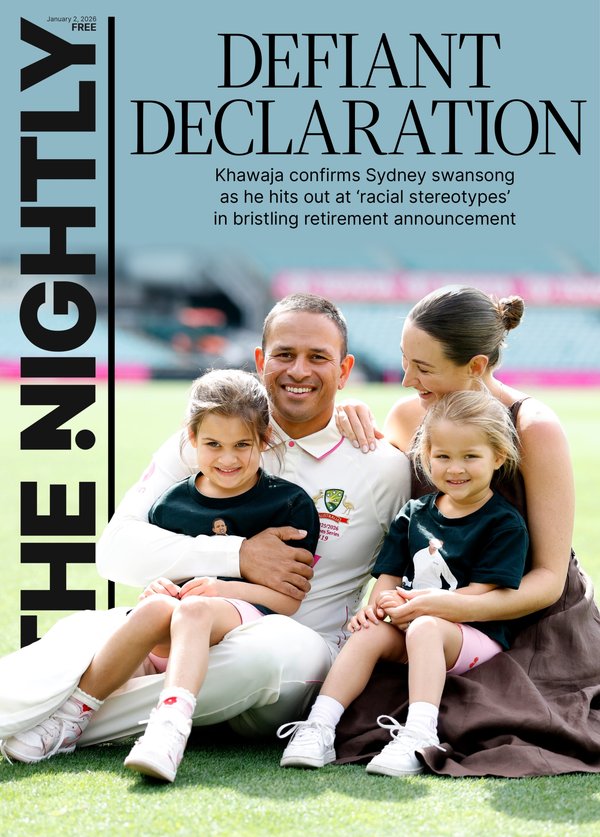UK indefinitely bans puberty blockers for children with gender dysphoria

The UK government has indefinitely banned puberty blockers for children with gender dysphoria after independent experts concluded there was an unacceptable safety risk in their use.
The decision, which will be revisited in 2027, effectively blocks a common approach to medical gender transitions for youths.
The ban will prevent prescribing medications that can suppress or pause puberty in children with gender dysphoria, providing more time to consider options that could include gender reassignment.
Sign up to The Nightly's newsletters.
Get the first look at the digital newspaper, curated daily stories and breaking headlines delivered to your inbox.
By continuing you agree to our Terms and Privacy Policy.The announcement comes after a judge this year upheld an emergency ban in a ruling that said the treatment was potentially harmful.
The emergency ban was put in place by the Conservative government and has now been extended by the Labour government.
The Department of Health and Social Care said the Commission on Human Medicines had published independent expert advice that there is “currently an unacceptable safety risk in the continued prescription of puberty blockers to children”.
The ban does not apply to those already receiving puberty blockers for gender dysphoria, to their use in clinical studies or in treatment of children with precocious puberty - an uncommon medical condition that causes puberty to begin abnormally early.
It applies across the UK after consultation with the Scottish and Welsh governments, and an agreement with Northern Ireland.
Health Secretary Wes Streeting said a clinical trial will be set up next year to better evaluate use of the drugs.
“We need to act with caution and care when it comes to this vulnerable group of young people and follow the expert advice,” Streeting said.
The National Health Service in England stopped prescribing puberty blockers at gender identity clinics last year, saying there was not enough evidence about the benefits and harms.
In July, Justice Beverley Lang said a review commissioned by the NHS found “very substantial risks and very narrow benefits” to the treatment.
She concluded that gender care is an area of “remarkably weak evidence” and young people have been caught up in a “stormy social discourse”.
Dr Hilary Cass said at the time of her final NHS report into children’s gender care that a single Dutch study “suggesting puberty blockers may improve psychological wellbeing for a narrowly defined group of children with gender incongruence” had formed the basis for their use to “spread at pace to other countries”.
The British Medical Association, which noted that the NHS review was controversial and included patients, academics, scientists and legal experts among its critics, voted to carry out an evidence-led evaluation of that report.
The court challenge was brought by the group TransActual and a youth who cannot be named, according to a court order.
TransActual criticised Wednesday’s decision, saying that evidence of danger from 40 years of puberty blockers remains elusive.
“Banning medicines with no evidence of serious harm, only for trans people … is discrimination plain and simple,” said Keyne Walker, the group’s strategy director.
“Evidence of the harm of the temporary ban continues to emerge, and will grow now that it has been made permanent.”
with PA
